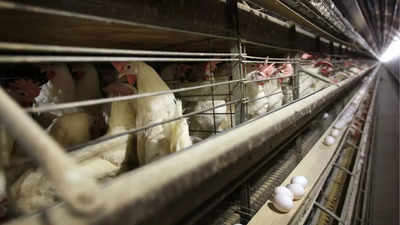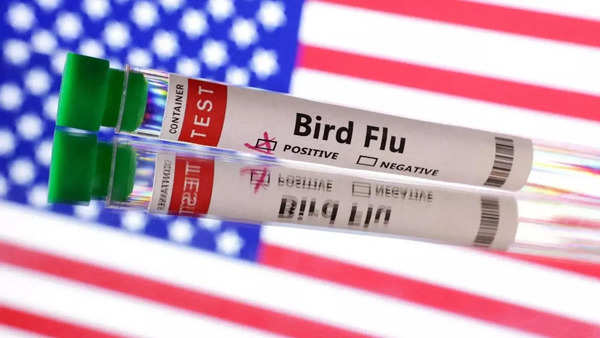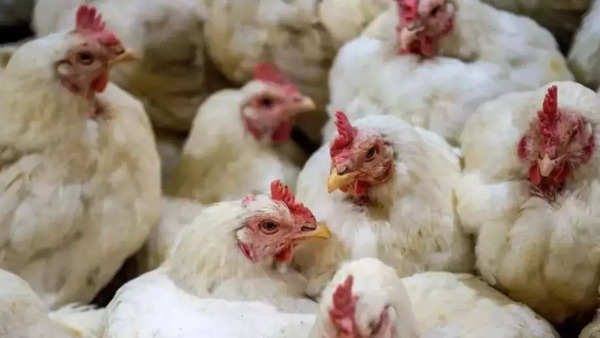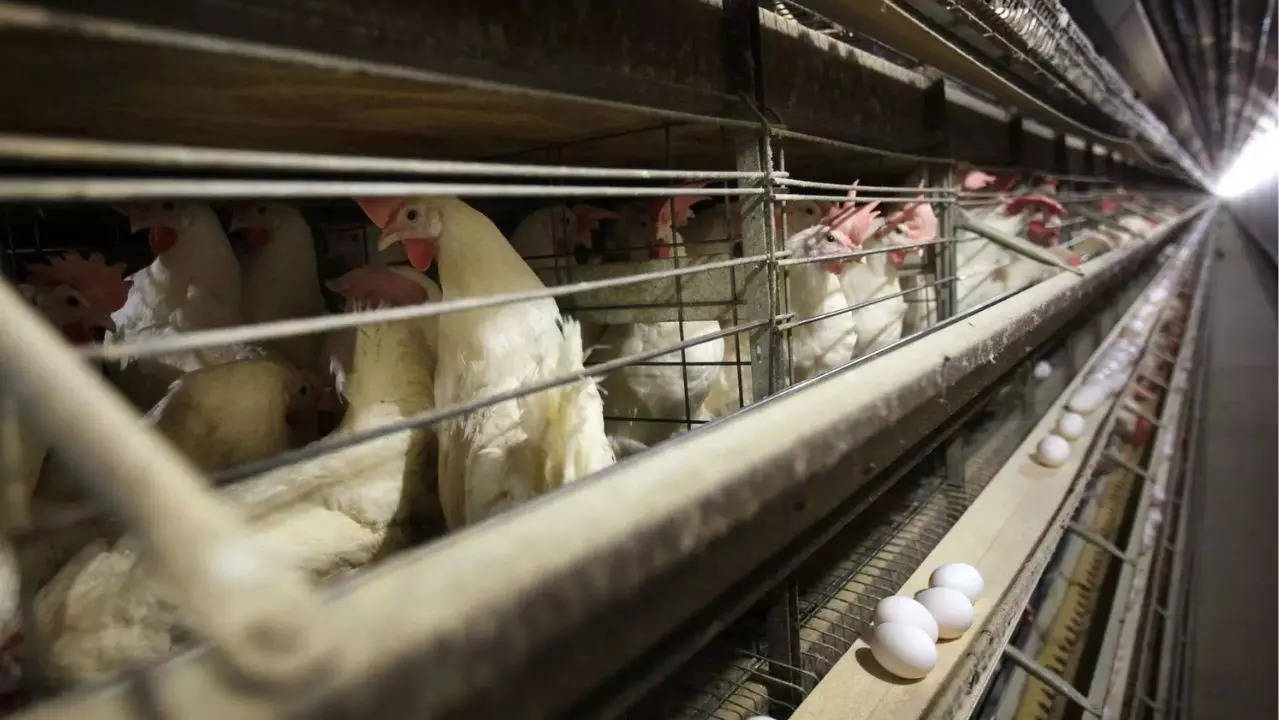First-ever case of
H5N1 Bird Flu
has been detected in Canada in a teenager who has been hospitalized for a presumed case of avian influenza, according to an official statement published on the official website of the western province. The first human case of the deadly virus has sparked concern among health authorities in British Columbia. The teen may have contracted the avian flu from exposure of a wild animal or bird.
While it is not clear how sick the teenager is, the statement from health officials of British Columbia said the patient is receiving care at BC Children’s Hospital.
“Our thoughts are with this young person and their family during this difficult time,” said Dr. Bonnie Henry, B.C.’s provincial health officer in a news release.
While the outbreaks have been reported in 440 dairy cattle herds across 15 states in the United States, there have been no dairy herds known to be infected in Canada. The virus however affected few chicken flocks in Canada, including in the region where the teenager lives. The teen is apparently from the Fraser Health region.
The first case of H5N1 strain in humans in the current outbreak in the US was detected in April 2024, with 44 cases in total now detected, according to the U.S. CDC.
Here’s all about avian flu signs and symptoms in humans
Bird flu, or avian flu, is an infectious type of influenza and typically spreads among birds. However, in some rare cases, it can affect humans.
H5N1 is among the 4 strains of bird flu virus, and is currently the dominant one, H7N9, H5N6, H5N8 being the other strains.
Bird flu is spread by close contact with an infected bird, be it coming in close contact with the bird, its droppings or bedding, or through killing or preparing infected poultry for cooking.
Precautions to follow
Wash your hands properly with soap and water before and after handling raw poultry
Use different utensils for cooked and raw meat
Make sure meat is cooked until steaming hot. Undercooked meat can raise the risk of infection.
Avoid contact with live birds and poultry.
Symptoms of bird flu
Symptoms of bird flu in humans include fever and cough, sore throat, muscle aches, conjunctivitis (eye infections), severe respiratory illnesses such as pneumonia. Complications of bird flu include pneumonia, organ failure, and acute respiratory distress syndrome (ARDS).
It is advised not to go near or touch bird droppings or sick or dead birds. Eating undercooked or raw poultry and eggs isn’t without risk during bird flu outbreaks.
How to prevent and treat bird flu
For humans, vaccination can protect individuals from getting ill and mitigate the risk of avian influenza viruses mixing with seasonal flu strains. This could prevent viruses from being evolved to more transmissible and dangerous forms.
To get tested, a nose and throat swab is taken to see if they contain the virus. Your phlegm may be tested for the virus.
As bird flu progresses, there could be severe complications such as pneumonia and acute respiratory distress syndrome. Antiviral medicine such as oseltamivir (Tamiflu) or zanamivir (Relenza) can prevent one from complications and reduce the risk of developing severe illness.
Video news: All in one minute @ 10am
I’m Manas Ranjan Sahoo: Founder of “Webtirety Software”. I’m a Full-time Software Professional and an aspiring entrepreneur, dedicated to growing this platform as large as possible. I love to Write Blogs on Software, Mobile applications, Web Technology, eCommerce, SEO, and about My experience with Life.






